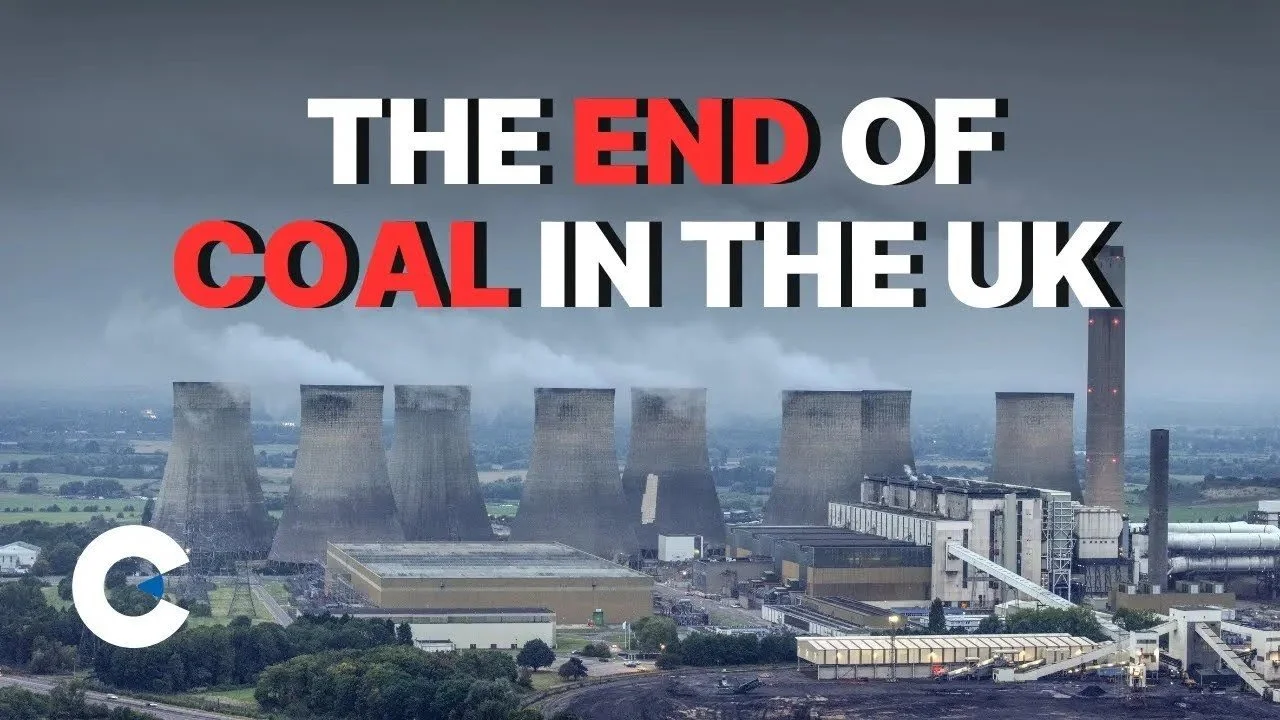Canva’s $100M Pledge Puts People First
Canva’s latest commitment to global poverty alleviation is a clear demonstration of how business can treat generosity as strategy. Announced this month, Canva will invest US $100 million over the next four years in partnership with organisations such as GiveDirectly to deliver unconditional cash transfers to people living in extreme poverty across Malawi, Kenya, and other low-income regions (Canva, 2025).
The initiative aims to reach over 180,000 people, providing them with the means to meet immediate needs and invest in their futures. It’s designed to stimulate local economies, improve access to education and healthcare, and (perhaps most importantly) give individuals the freedom to decide what support looks like for them. Early recipients in Malawi have used their funds to start microenterprises, build housing and stabilise household income (Africa Sustainability Matters, 2025).
Why cash?
Traditional aid models often prescribe what support should look, such as food parcels, school supplies, infrastructure. Cash transfers turn that approach inside out. By giving people unrestricted funds, programs allow recipients to prioritise what matters most to them: food security, small business ventures, education, or medical expenses.
This approach embodies what economists describe as “choice-based development” — the belief that personal agency is a form of infrastructure in itself. When communities are trusted to make financial decisions, they invest not only in their livelihoods but in the broader economy around them.
The effectiveness of direct cash transfers is also proven. Across more than 500 randomised controlled trials, results show measurable improvements in wellbeing, equality and economic resilience:
Child mortality dropped by 48%, and infant mortality by 57% (Walker et al., 2025).
Household incomes more than doubled (McIntosh et al., 2023).
School enrolment rose by 23% (Baird et al., 2014).
Domestic violence fell by 3% (Haushofer et al., 2019).
Illness dropped by 27% (Pega et al., 2017).
Wellbeing and mental health improved significantly (Zimmerman et al., 2021).
In rural Kenya, economic activity increased by $2.50 for every $1.00 transferred (Egger et al., 2022).
A sign to impact investors
For our ethical investing community, Canva’s pledge signals a maturing of corporate purpose, from marketing gesture to measurable system change. It shows that social impact can scale when it’s embedded within a business model rather than appended as an afterthought. It also broadens the definition of return on investment. In this context, returns are measured not in percentages or dividends, but in stronger local economies, improved education outcomes, reduced malnutrition and enduring community resilience. These are results that compound socially, economically and reputationally.
This pledge also reflects a wider “profit-plus-purpose” movement among Australian innovators and companies, like us at UNLESS, where companies align their growth strategies with global wellbeing.
References
Africa Sustainability Matters (2025) Canva pledges $100 million for unconditional cash to boost local economies through cash in Malawi. https://africasustainabilitymatters.com/canva-pledges-100m-for-unconditional-cash-to-boost-local-economies-through-cash-in-malawi/
Baird et al. (2014) Cash or condition? Evidence from schooling programs in developing countries.
Canva (2025) Why we’re committing $100 million to cash transfers. https://www.canva.com/newsroom/news/give-directly-update-2025/
Egger et al. (2022) General equilibrium effects of cash transfers in Kenya.
Haushofer et al. (2019) The short- and long-term effects of unconditional cash transfers on domestic violence.
Walker et al. (2025) Cash transfers and child mortality: global meta-analysis.
McIntosh et al. (2023) Long-term economic effects of cash transfers in sub-Saharan Africa.
Pega et al. (2017) Health impacts of cash transfer programs: systematic review.
Zimmerman et al. (2021) Psychological wellbeing impacts of cash transfer programs.



